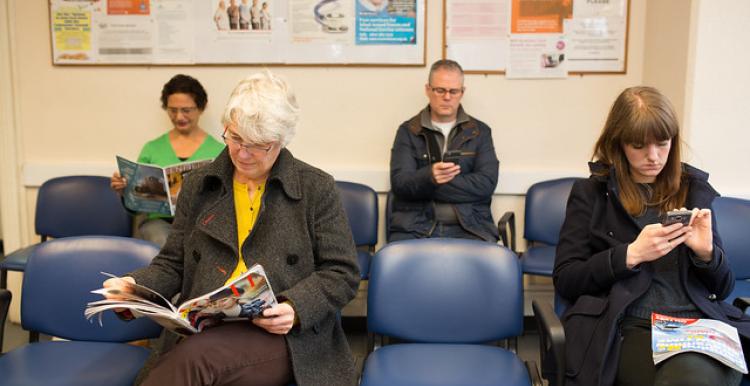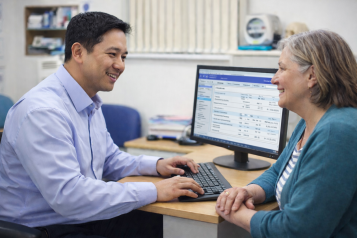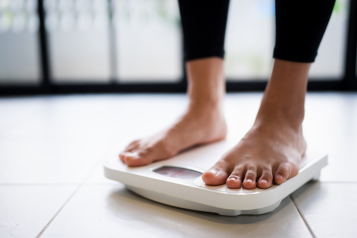How you can help support our local NHS

Have a well stocked medicine cabinet
Having a well-stocked medicine cabinet can be the best first line of defence against niggling cold weather illnesses, many of which are expected to become more common over the coming weeks.
Minor seasonal ailments, such as coughs, colds, sore throats and upset stomachs, are usually more prevalent during the colder months of the year, due in part to people spending more time indoors in close proximity to others, often with doors and windows closed.
Some people may also feel the effects of these minor winter illnesses more this year as natural immunity may have dipped during the national lockdown which stopped people from socialising for most of last winter.
Staying well throughout the autumn and winter can be made easier by keeping a supply of over-the-counter medicines in the home.
Painkillers, such as paracetamol, ibuprofen and aspirin, can help with colds and flu by reducing aches, pains and high temperatures.
Other medicine cabinet staples, such as oral rehydration salts, which can help prevent dehydration after a bout of sickness and diarrhoea, and antihistamines, which can soothe painful insect bites, also have a vital role to play.
Downloads
This handy checklist will help you to stock up on medicines to treat minor ailments.
Help stop the spread of Covid-19
With Covid-19 cases currently very high locally, Wiltshire Council recommends some simple things we can all do to help stop the spread.
- Wash your hands regularly.
- Wear face coverings in busy indoor spaces.
- Open windows if you're meeting up with people indoors.
- Take regular Lateral Flow Tests to check if you have the virus. About 1 in 3 people with Covid-19 don't have symptoms but can pass it on to others. You can order tests online to do at home or you can pick them up from a pharmacy or test site.
Find out more - Self isolate and book a free PCR test if you have symptoms of Covid-19.
Find out more - If you're eligible, get your Covid booster jab when it's offered to you.
More information
How GP practices are working now
Leading GPs from across the region have issued an open letter to local people detailing the pressure currently affecting primary care services.
The letter explains how staff absences, rising Covid cases and an increase in demand for urgent and emergency care has created the kind of pressure not usually seen outside of winter.
Bath and North East Somerset, Swindon and Wiltshire Clinical Commissioning Group (BSW CCG) have created a guide which explains some of the frequently asked questions people want to know when contacting their GP.
I wanted to see my GP, why am I seeing someone else?
Not everyone needs to see a GP. Practices have a range of healthcare professionals, such as nurses, pharmacists, physios and mental health workers who are the experts in diagnosing and treating health conditions.
You’ll see the the right person for your condition as quickly as possible.
Why do receptionists ask personal questions?
GP reception staff are trained to ask questions to make sure you get the right support from the best person in the practice. All the information you share with the receptionist is treated strictly confidentially.
Why can't I have a face to face appointment?
With infection control measures still in place in your surgery, phone and video consultations have helped surgeries to treat more patients every day than they would be able see safely face to face.
Your surgery will give you the best type of appointment with the right health professional as quickly as possible. You will always be seen face to face if you need to.
Where else can I get help?
Visit www.nhs.uk for advice on common symptoms and a list of local services or speak to your NHS community pharmacist for personal care and advice on minor illnesses.
If you need help with minor injuries at any time or urgent care when your GP practice or community pharmacy is closed visit 111.nhs.uk or dial 111 to speak to someone who can help.
Get more information
Visit the BSW CCG website for more details.


